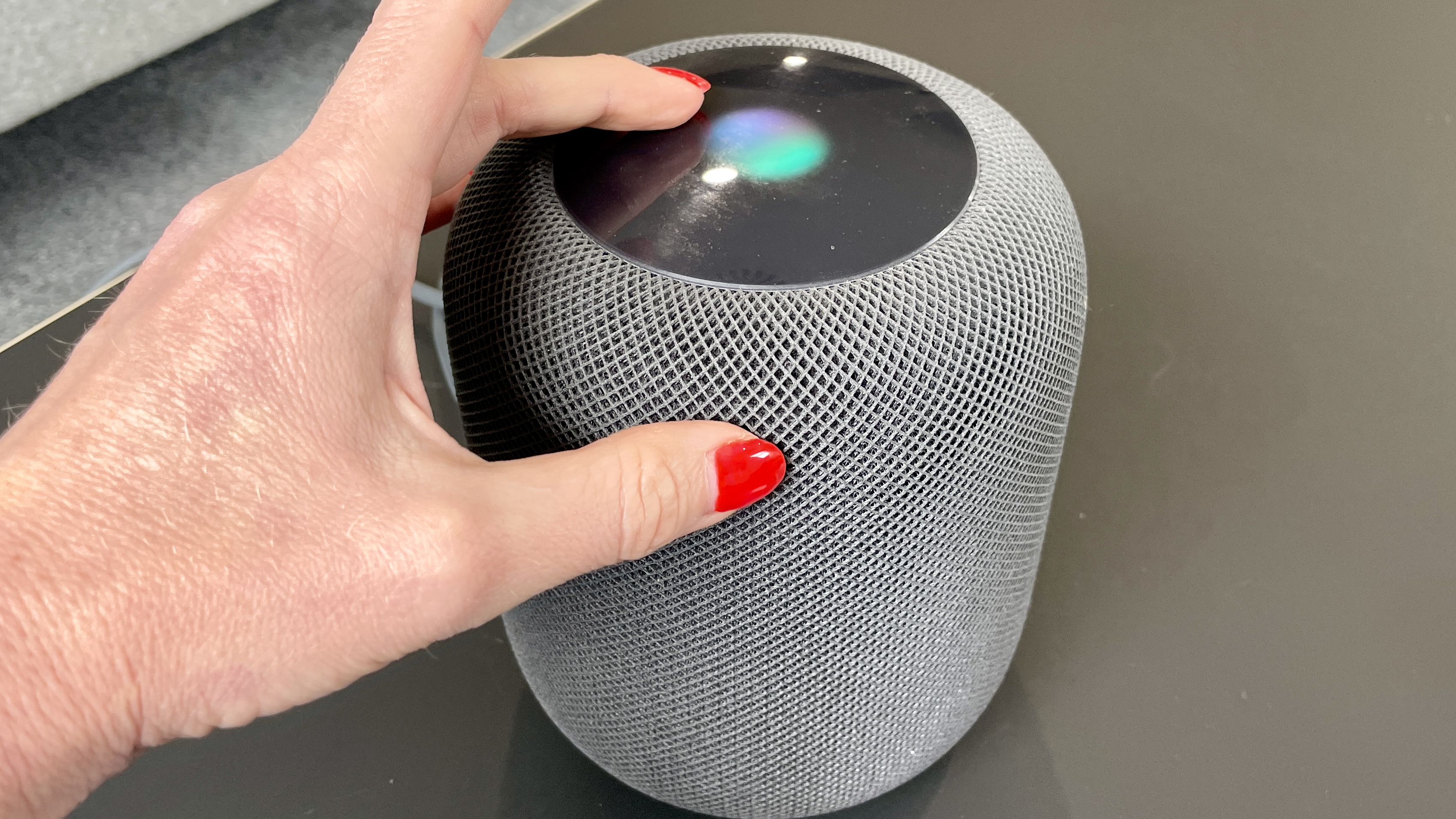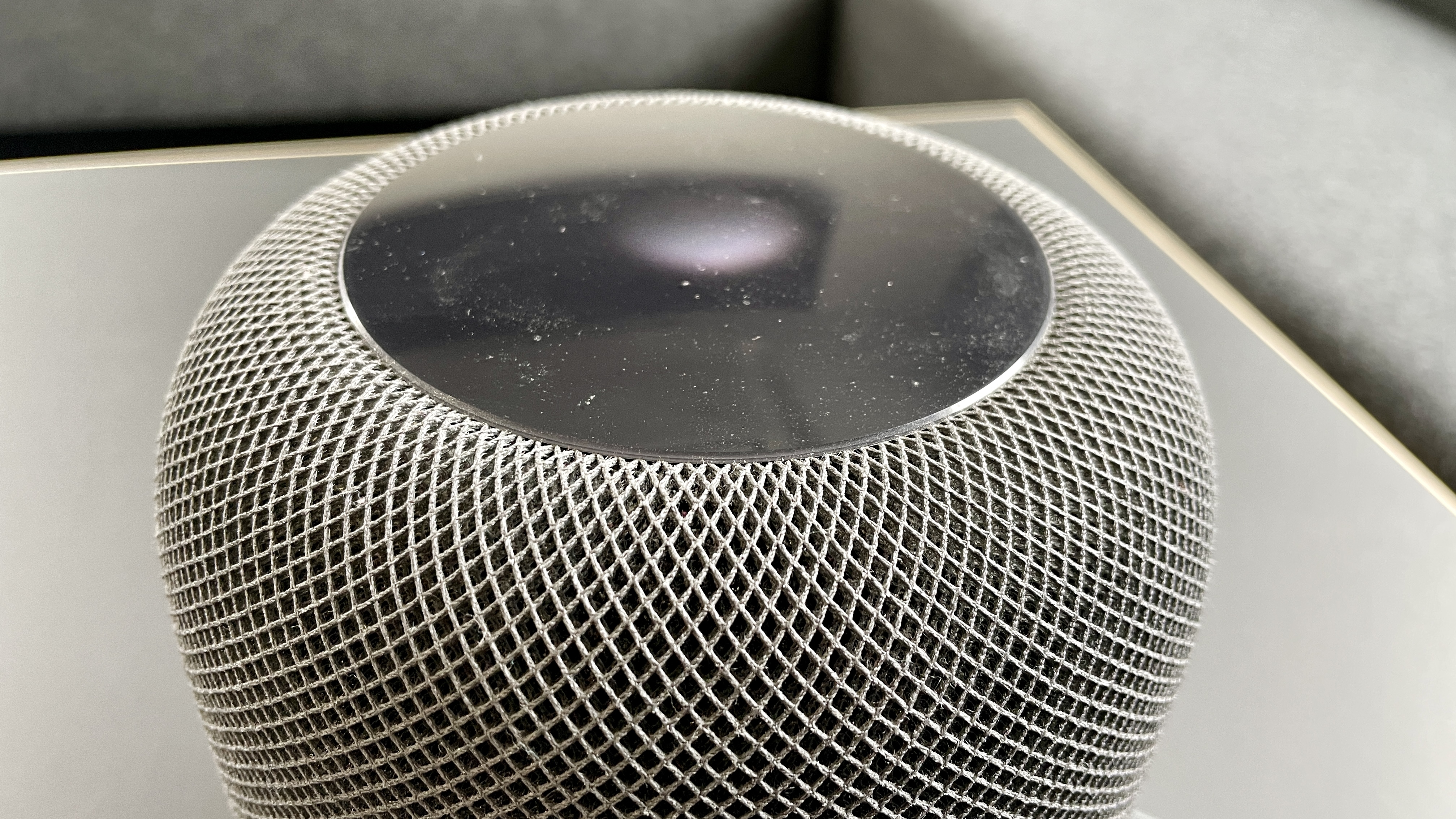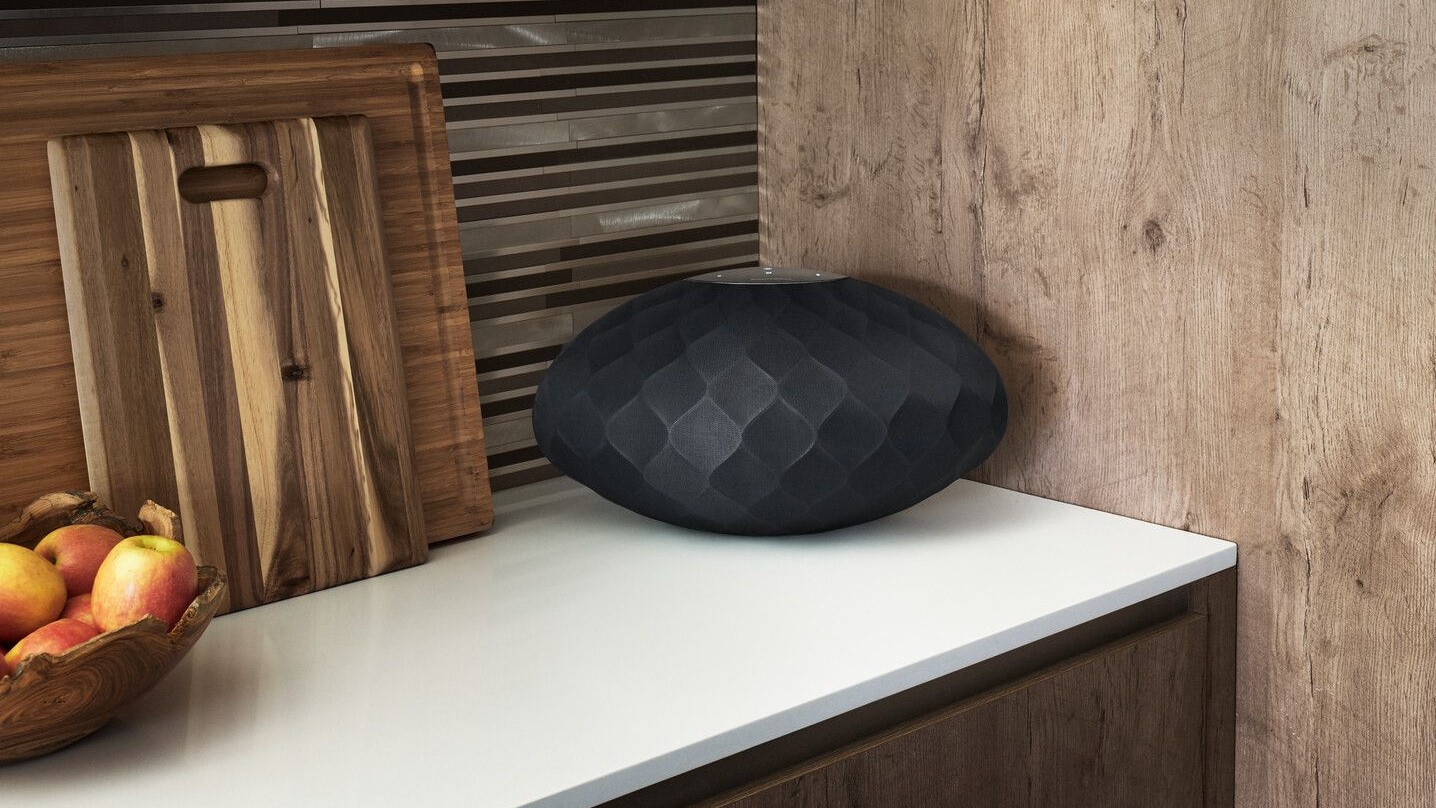If Apple's 2018 HomePod is 'vintage', I'm done – and we should all go back to wired hi-fi systems
Apple shifted the 'vintage' goalposts – and it's got me miffed

Before we get into Apple's distressing decisions and actions, a bit of background: it's not the first (or even the second) time in recent years I've been unnerved to learn that relatively new pieces of audio hardware are being left behind. See Exhibit A, Spotify Car Thing. Released in February 2022 (for the princely sum of $90) it is being bricked by the big green streaming machine on December 9, not three years since its launch. The news caused such a furore among buyers that Spotify reportedly did a U-turn and started offering refunds.
Next, Sonos, which came under fire for its S2 app back in 2020 when it effectively left some of its own wireless speakers for dust (the ones that couldn't make the switch from S1 to S2). And we're not done. The multi-room audio giant updated its app again in May 2024 to much dismay, because key features in systems Sonos customers use every day weren't carried over. Further app updates ensued last month, but annoyance among customers persists, because a product or ecosystem is only as good as the company's continued software support for it.
Ay, there's the rub. We're at the mercy of firms simply deciding one day that certain wireless speakers are no longer worth the hassle, aren't we? And that brings me to the inaugural Apple HomePod. What happened is that on July 2, Apple officially reclassified the original HomePod as 'vintage'. According to Apple's support page, "Products are considered vintage when Apple stopped distributing them for sale more than 5 and less than 7 years ago."
We're at the mercy of brands deciding certain wireless speakers just aren't worth the hassle

But hang on, hasn't Apple just broken its own rule about something becoming vintage? Because the HomePod stopped being stocked in March 2021, three years and four months ago (since we're counting). And it was released on February 9, 2018, six years and five months ago, at the time of writing.
So the only viable math, then, is that Apple had one solo manufacturing run of the inaugural HomePod, sold what it had… then basically discontinued it immediately? I've asked for comment on this from Apple, but either way, the sums don't back up Apple's statement on vintage products, as things stand.
I remember the launch of the original HomePod, to much fanfare – because it was in 2018. And at $349 / £319 / AU$499, it was a big investment, so I'm miffed that it has been made a 'vintage' item. Yes, the cheaper HomePod mini and HomePod 2 have since replaced it, but as a groundbreaking, pioneering (and expensive) speaker, I would expect a little more longevity from Apple.
I was understanding upon hearing the news that my HomePod would likely get left out of the Apple Intelligence party, because Apple Intelligence (which the Cupertino giant announced on June 10), is really the preserve of Apple's newest and most elite Apple iPads, iPhones, and Macs. But to label a six-year-old flagship smart speaker 'vintage' (which means in another two years it'll probably be 'obsolete') is a step too far for me. I imagine many owners feel as if a bond of trust has been broken. The news makes me want to shun wireless audio and go back to actual vintage hi-fi, involving wires, passive speakers, a hi-fi stack, and a turntable.
Sign up for breaking news, reviews, opinion, top tech deals, and more.
It's not all bad news. That 'vintage' tag means Apple Stores and Apple Authorized Service Providers will continue to repair it for up to two more years, provided parts remain available. It's like an early indicator that the product will soon hit its end-of-life stage – which Apple labels ‘obsolete’. When that happens, Apple will no longer service it, and repair shops will not be able to order genuine parts for it.
Not all wireless speakers aged five years or more are considered 'vintage'

I'm sure many readers will think, "Stop sniveling, you shouldn't get into wireless audio if you think the products will last – nothing does!" but I disagree.
To prove a point, look first to the 2019 Bowers & Wilkins Formation range, including the excellent 2019 Formation Wedge. All products here are still going strong – as is the 2021 Zeppelin. And thanks to a 2021 B&W Music App upgrade, your 2022 Bowers & Wilkins PX8 wireless headphones can perform a lovely audio-handoff dance with any available Formation speakers in your home when you walk through the door. It's a fine example of forward thinking in wireless audio technology (and something it would've been nice if Sonos had achieved, with its Sonos Ace headphones).
Next, see the 2019 Denon Home 150, part of the Denon Home wireless speaker range, including the 250, 350, and Denon Home Sound Bar 550. Far from considering these speakers 'vintage', Denon actually upgraded them in May 2024 by adding, er, Siri support… Look, it's a small upgrade I'll grant you, but it's evidence that some manufacturers aren't simply ignoring the software support in product lines that have spent more than four years in circulation.
The problem is that unless you're some sort of hi-fi soothsayer, you cannot know which products will continue to enjoy software support over time and which brands will put in the extra effort – although I'm taking notes, here. Apple is one of the biggest and most trusted electronics companies in existence, and it has all but given up on one of its most expensive products, launched just six years ago. And if a 2018 product is now considered vintage and ripe for replacement (remember, this is hi-fi, not seemingly annually-updated smartphones and earbuds), I think it's both bad news for loyal buyers, and disappointing from a company that prides itself on planet-conscious initiatives like working on removable batteries for iOS devices.
You may also like
- See our roundup of the best wireless speakers we've tested
- Want something purely portable? Here's our pick of the best Bluetooth speakers
- And here's our pick of the best smart speakers around

Becky became Audio Editor at TechRadar in 2024, but joined the team in 2022 as Senior Staff Writer, focusing on all things hi-fi. Before this, she spent three years at What Hi-Fi? testing and reviewing everything from wallet-friendly wireless earbuds to huge high-end sound systems. Prior to gaining her MA in Journalism in 2018, Becky freelanced as an arts critic alongside a 22-year career as a professional dancer and aerialist – any love of dance starts with a love of music. Becky has previously contributed to Stuff, FourFourTwo and The Stage. When not writing, she can still be found throwing shapes in a dance studio, these days with varying degrees of success.